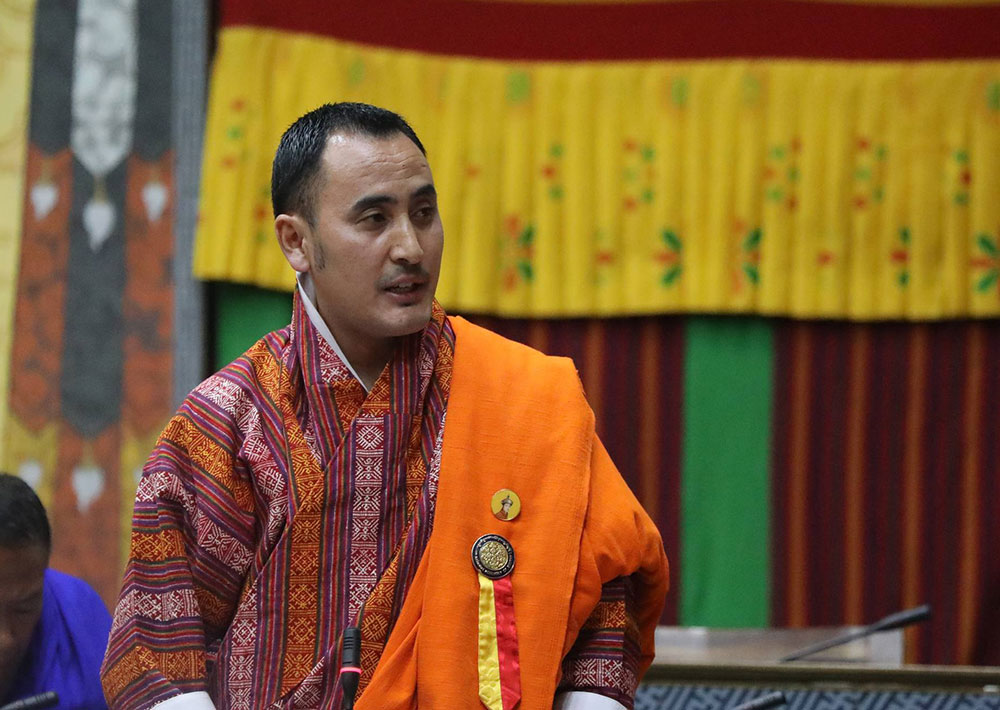
The government aims to generate revenue of Nu 14 billion to Nu 15 billion in the 13th Five-Year Plan from tourism.
In five months, this year, the government has earned revenue of USD 16.2 million from the Sustainable Development Fee (SDF).
During the question-answer session at the National Assembly yesterday, Member of Parliament (MP) of Sergithang-Tsirangtoed, Lhakpa Tshering Tamang, said that Bhutan had seen a significant increase in both international and regional tourist arrivals, which was good news for all parties involved in the tourism industry.
However, he said that currently, there was a scarcity of drivers, guides, and vehicles available in the markets.
The MP asked what initiatives the Department of Tourism (DoT) was working on to address the scarcity of tour guides, drivers, and vehicles.
He also inquired about the tourism products being proposed by the government to attract more tourists to Tsirang, as he had promised his constituency to bring in tourists.
Responding to the question, the Minister for Industry and Commerce and Employment ,Namgyal Dorji, said that the government aimed to generate revenue of Nu 14 billion to 15 billion in the 13th Five-Year Plan from tourism and, after ten years, Nu 75 billion to Nu 80 billion.
Tourism sector employs more than 50,000 people in the country.
Lyonpo said that despite the challenges, tourist arrivals had increased. In May alone 16,600 tourists visited the country. In five months 64,941 tourists visited the country.
Lyonpo mentioned that around Nu 2 billion has been allocated for tourism development, including ecotourism initiatives in the five eastern regions. The government plans to introduce ten development activities aimed at benefiting the entire nation through tourism, promoting employment opportunities via open bookings for tourists.
Currently, there are 1,777 guides, 950 travel agents, 384 star-rated hotels, and 120 homestays in the country.
Lyonpo stated that there is no restriction on the import of tourist vehicles and that the tax for importing tourist vehicles is also exempted.
MPs also raised concerns that the tourism industry in the country is not benefiting as overseas agents control the tourism industry and foreign currency reserves are decreasing.
Lyonpo responded that the new tourism policy benefits the whole tourism sector, unlike the Minimum Daily Package Rate (MDPR).
“In the previous MDPR, only a few sectors benefited, and tourists were confined to the package, which restricted their spending,” Lyonpo said.
Regarding the decreasing remittances, Lyonpo said that the Ministry of Finance is reviewing the situation and that certain procedures need to be implemented. “Currently, there is a risk of declining foreign currency. Whereas in the previous MDPR, the money was directly transferred to the DoT.”












